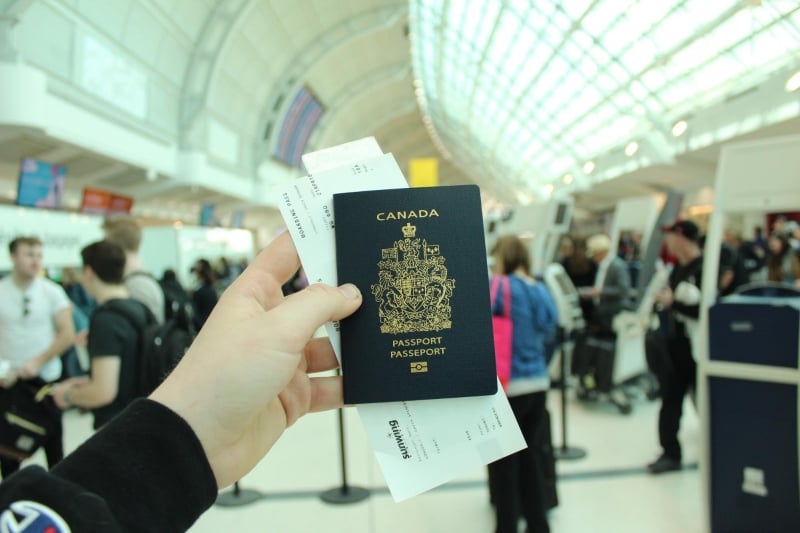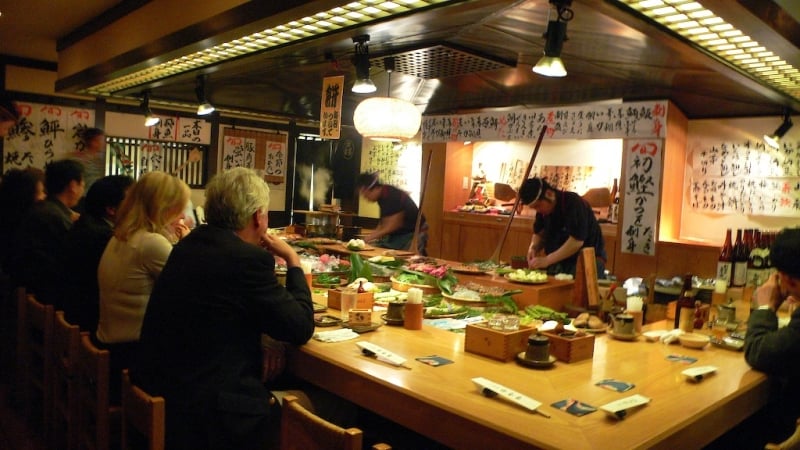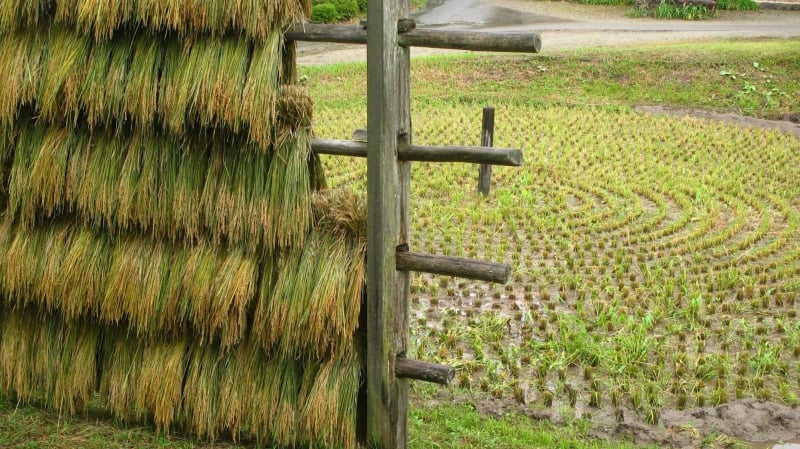Japan’s historic cultural heritage, picturesque scenery, and sumptuous delicacies are just some reasons it remains a popular tourist destination. However, limited time and budget often stand in the way of experiencing all the country has to offer. An enticing option that’ll allow you to better circumvent these obstacles and embark on a unique once-in-a-lifetime adventure would be taking up a working holiday visa.

Image credit: Pedro Szekely
Started in 1980, Japan’s working holiday visa allows young people to travel the country for up to a year while working to supplement their expenses. The programme not only allows a better and more in-depth experience of Japan and its work culture, it also encourages perspectives of global citizenship as you live overseas for an extended period of time. As of 2019, there have been nearly 15,000 youths each year who have taken up the working holiday visa!
Who can apply?
Young people between 18 and 30 years old from these 23 countries are eligible to apply for Japan’s working holiday visa: Argentina, Australia, Austria, Canada, Chile, Czech, Denmark, France, Germany, Hong Kong, Hungary, Iceland, Ireland, Lithuania, New Zealand, Norway, Poland, Portugal, Slovakia, South Korea, Spain, Taiwan, United Kingdom. Besides Australia, New Zealand, Norway, Germany, and Denmark that do not have a cap to the number of visas available, the rest of the countries have a limited number of visas that can be issued annually.
On top of being from one of the above participating countries, you’ll also have to be of good health and not have a criminal record. Furthermore, it would have to be your first time embarking on the work holiday programme in Japan.

Image credit: Kylie Anderson
What documents do you need to apply?
Besides the completed work holiday visa application form, you’ll need a valid passport as your visa will be tied to it. You’ll need to submit your resume and a cover letter explaining why you wish to participate in the programme and detailing the types of employment you wish to engage in.
A proposed itinerary of your time in the country is also needed, including your address of residence, pre-arranged employment, as well as your estimated salary and budget of your travels. It’ll also be good to include any programmes such as language classes or specialised courses that you wish to attend during your stay.
You’ll need to submit a doctor’s letter or medical certificate that guarantees that you’re healthy, and also a bank statement that proves that you have enough funds to cover the initial period of your stay in Japan. This ranges from about 200,000 to 500,000 yen depending on which country you are from. Moreover, you will need to present a return flight ticket or have enough funds to purchase one as well. You’ll be earning your keep while in Japan, but you’ll also have to have adequate savings beforehand!

Image credit: byeangel
With these documents, you’re good to start your application! Unfortunately, it cannot be done online – you’ll have to apply for the working holiday visa the Japanese embassy or consulate in your home country.
What’s next?
Once you’ve attained your working holiday visa, you can start finding a job in Japan! While it is definitely possible to secure a job before flying over, it can be a difficult process. It’s definitely easier to do so when you can attend job interviews face-to-face, with a confirmed place of residence in the country.

Image credit: Cory Doctorow
You’re allowed to work all kinds of jobs, except ones that affect the public morals of Japan. This would include the working in nightclubs, massage parlours and the like. However, this does not preclude bars and restaurants. In fact, a job as a waiter is one of the more common and accessible jobs for those on the working holiday visa! A service role such as waiting would definitely also be a sure way to improve your conversational Japanese on the job.

Image credit: rumpleteaser
Another exciting option would be to work on a plantation or farm in Japan! Taking a break from the bustling city, it’ll certainly be a diametrically different experience from what you’re familiar with at home. You’ll be able to immerse yourself in the quaint countryside of Japan’s rural regions while enjoying the simplicities of working in the fields. Moreover, most farming jobs include accommodations on the farm as well! The working holiday visa programme is intended to be an eye-opener, so why not fully step out of your comfort zone?

Image credit: DozoDomo
The best jobs are the ones that allow you to pick up priceless experiences along the way. Working in a Japanese ryokan is definitely one such opportunity! The inn offers you a step back in time to experience a minimalist but equally cosy type of accommodation. With traditional furniture such as tatami mats and futons, and communal onsen hot springs baths, working in a ryokan would certainly help you develop a better understanding of the time-honoured cultural practices so respected and obeyed in the country.

Image credit: Masaaki Komori
All things considered, Japan’s working holiday visa is an amazing opportunity for daring individuals to craft an experience like none other. Living and working in a country for an extended period of time extends your horizon and gives you a perspective that can never be achieved on a mere short vacation. While it definitely requires a huge commitment, you can be sure of the tangible and intangible benefits that you’ll be rewarded with, should you embark on Japan’s working holiday programme!
For more information, do check out the Ministry of Foreign Affairs’ guide.




